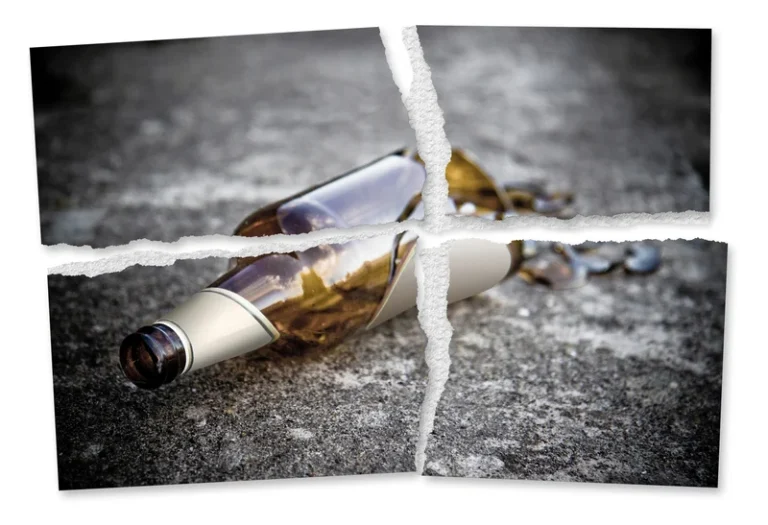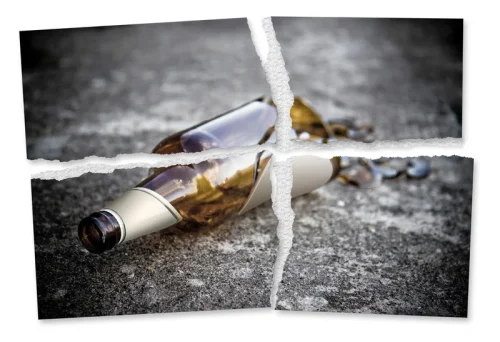
Anxiety and stress can make tremors worse, so managing your stress levels during withdrawal and recovery is also important. The term “alcohol shakes” paints a vivid picture of what many people undergo during alcohol withdrawal. Imagine your hands or, in severe cases, your whole body trembling uncontrollably. These are not just any tremors; they are fits of involuntary shaking linked directly to alcohol. Most commonly occurring during the withdrawal phase, they can also manifest after particularly heavy drinking sessions. People commonly experience alcohol tremors in their hands or other parts of the body after a night–or more–of heavy drinking.

How to Stop Alcohol Withdrawal Shakes
- We invite you to contact us today to learn how we can help as you embark on your recovery journey.
- Regardless of whether medical care is needed to stop the shakes, it is important to also follow-up for ongoing alcohol treatment after tremors and other withdrawal symptoms pass.
- The two main causes of alcohol shakes are alcohol withdrawal symptoms and alcohol-related brain damage.
- Recognizing these symptoms is crucial for seeking appropriate treatment and support.
When alcohol use is abruptly reduced or stopped, this delicate balance is disrupted and brain activity is no longer suppressed by alcohol, leading to increased glutamate activity and decreased GABA activity. The brain, now hyper excited due to excess glutamate and reduced GABA, can cause various symptoms, including alcohol shakes. In the case of long-term Halfway house alcoholics, though, shakes can be a sign of delirium tremens, which is a very serious condition.
Build a Support Network
Be sure to line up a friend or family member to stay with you through the process. Usually, by the third day you won’t really need them there except to check in on you. If you’re embarking on this life-changing journey, you need only to go into it prepared. Connecting with family, friends, and sober communities can provide encouragement and accountability. Contact us today to find out which program might be right for you, or to begin the process of arranging for treatment.
Keep Up With Your Recovery Process
Seemingly out of nowhere, one day when you wake up in the morning you find yourself shaking. While you may have noticed your drinking consumption ramping up in recent months, it wasn’t until you woke up with tremors that the reality of your alcohol use disorder was apparent. In addition to adequate hydration, maintaining a nutritious diet is essential for managing alcohol shakes and supporting overall health during the withdrawal process.
Seek immediate medical attention if you notice any of the above symptoms, as they may signal a severe form of alcohol withdrawal like delirium tremens (DTs). Medical professionals can provide appropriate treatment options, ranging from medications to hospitalization, to ensure your safety during this challenging process. Alcohol shakes and tremors are involuntary muscle movements that occur due to the sudden cessation or reduction of alcohol consumption after an extended period of heavy drinking. Shakes are a primary symptom of alcohol withdrawal and can begin within 5-10 hours of your last drink, lasting up to 72 hours. The severity of alcohol withdrawal symptoms, including tremors, varies due to factors like the amount and duration of drinking, genetics, overall health, and prior occurrences. Sometimes, the most severe symptoms of alcohol withdrawal symptoms can be life threatening.

Insurance
Different treatment options and settings are available to fit the needs of any individual recovering from alcohol addiction. These include medical detox, residential rehab, partial hospitalization, intensive outpatient rehab and aftercare services. Residential programs offer a structured environment throughout how to stop alcohol shakes each day, which can be particularly beneficial for those with severe dependency. Outpatient options, on the other hand, allow individuals to maintain certain aspects of their daily life while receiving treatment.
Check My Insurance
Nicki has earned a Master of Science degree in Psychology with an emphasis in Behavioral Health from the University of Phoenix and a Master of Science in Professional Counseling from Grand Canyon University. Currently, Nicki is pursuing a Doctor of Philosophy (PhD) in Counseling Education and Supervision at Grand Canyon University. Nicki’s research interests include the use of Positive Psychology interventions with dual diagnosis clients. Nicki hopes to contribute to the body of knowledge in treating substance use disorders. The tremors are caused by overactivity in brain areas responsible for motor control, such as the cerebellum.

Alcohol shakes occur after a period of heavy drinking and are a sign of the body dealing with alcohol withdrawal. Stress and anxiety can increase the severity of alcohol withdrawal symptoms. It helps to keep busy with activities you find enjoyable and that promote health and well-being. Treatment may be inpatient or outpatient, and typically includes individual and group therapy, family counseling, alcohol education, 12-step support, and support for physical or psychological needs.
Start Your Recovery Now!
- If you or a loved one is struggling with alcohol shakes and withdrawal in Missouri, it’s important to seek professional help.
- Dealing with alcohol shakes can be a challenging and uncomfortable experience, but there are practical strategies that can help manage and alleviate these symptoms.
- The spiral on the left was drawn by someone affected by essential tremor.
- However, treatment strategies for shakes and alcoholism may differ for everyone.
- While tremors can suggest that someone is withdrawing from alcohol, alcoholism is not the only cause of shaking.
Because the shakes can be uncomfortable and distressing, many individuals seek methods to effectively manage and alleviate these symptoms. If you or a loved one is struggling with alcohol shakes and withdrawal in Missouri, it’s important to seek professional help. A whole-person approach that addresses =https://ecosoberhouse.com/ physical, emotional, psychological and spiritual needs is crucial for a successful recovery. Once the initial withdrawal phase is managed, it’s essential to take steps to prevent alcohol shakes from recurring. Long-term recovery involves more than just stopping alcohol use; it requires addressing the root causes of addiction and building a healthier lifestyle.

How Long Do Tremors Last?
These shakes are a significant symptom of withdrawal and often arise when someone with alcohol dependence abruptly stops or reduces their alcohol consumption. Medical supervision is crucial when struggling with alcohol withdrawal and shakes, as other, more dangerous symptoms often accompany withdrawal-induced tremors. Detoxification under professional guidance ensures safety and comfort, helping you quickly obtain the necessary treatment. Medication-assisted treatment can help alleviate the shakes and other withdrawal symptoms, making the process more manageable. The root cause of alcohol withdrawal symptoms, including shakes, lies in alcohol’s depressant effect on the brain.


